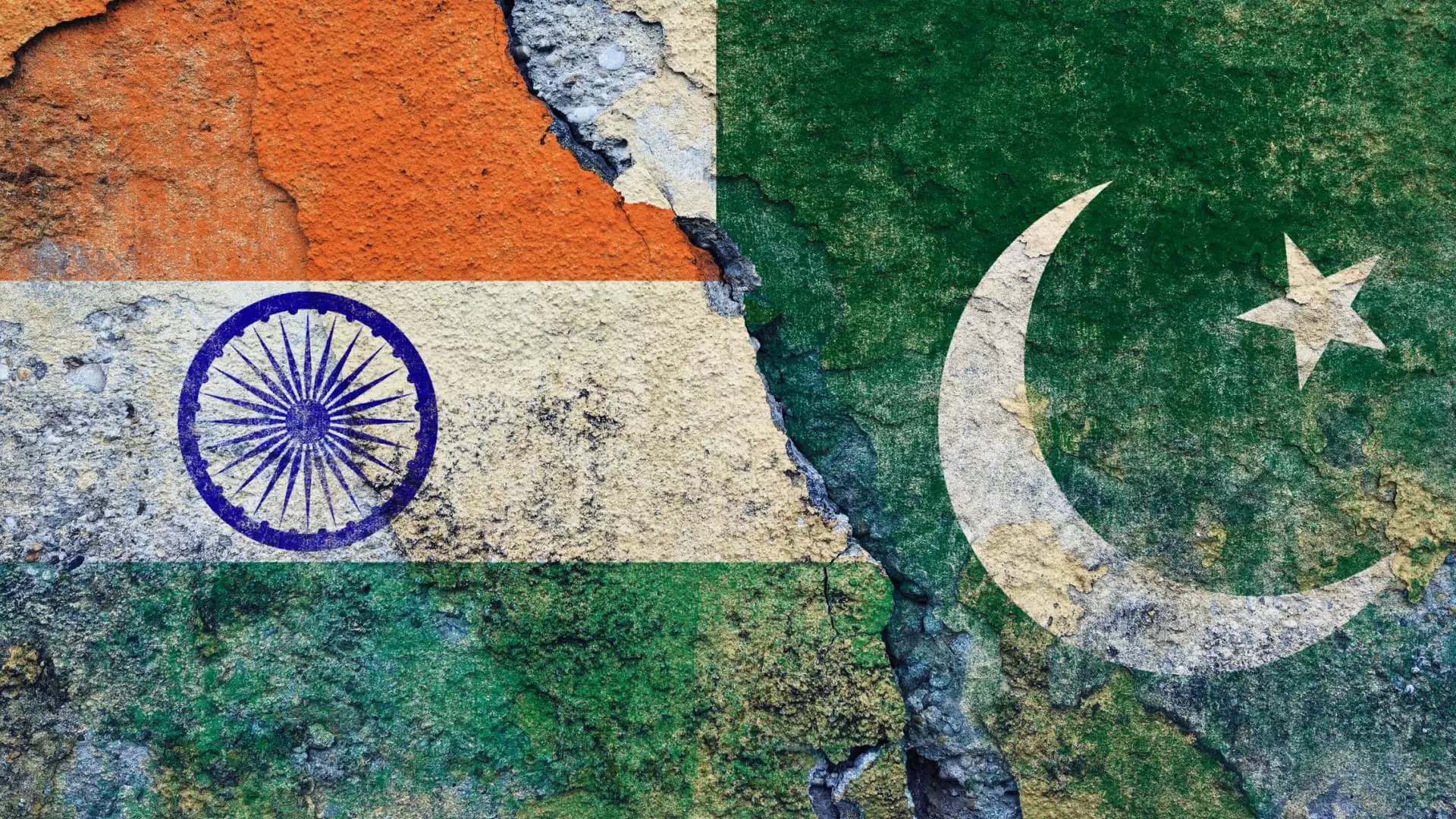In an increasingly fraught world of diplomacy, where nuclear stakes loom large, the recent efforts by Britain and the U.S. to stabilize tensions between India and Pakistan epitomize both the hope and futility inherent in international relations. British Foreign Minister David Lammy’s comments during his visit to Islamabad paint a picture of urgency. While the ceasefire negotiated on May 10 may have halted the immediate conflict, the delicate balance of everlasting peace remains as fragile as it has ever been. With mistrust steeped deep within the historical psyche of these hostilities, the efforts to foster “confidence-building measures” may feel more aspirational than actionable.
The specter of gunfire and skirmishes between two nuclear giants understandably makes headlines. However, such fervor often overshadows the existential question: can genuine dialogue seep through the surface-level negotiations? As Lammy articulated, “These are two neighbors with a long history but they are two neighbors that have barely been able to speak to one another.” Herein lies the crux: decades of enmity can hardly be bridged by mere diplomatic pleasantries or external pressure. The shadows of past grievances loom large, and a superficial ceasefire could easily crack under the weight of historical animosity.
The Western Role and Its Implications
While Western intervention, particularly from the U.S. and Britain, is presented as a necessary stabilizing force, one must critically assess its effectiveness. David Lammy’s assertion that Britain and its allies played a crucial role in de-escalating decades of conflict prompts us to question whether this external meddling can genuinely cultivate sustainable peace or merely masks deeper issues. The narrative of Western diplomacy often portrays them as peacemakers, but we must scrutinize how much of this diplomacy preserves the status quo rather than enacting true reform.
Moreover, the complexities deepen when we analyze the concerns surrounding water rights in the region, particularly with India’s suspension of the Indus Water Treaty. The implications of this move cannot be understated; water is life, especially in a nation like Pakistan, which relies heavily on agriculture. To disregard international treaties not only exacerbates tensions but also raises ethical questions about power dynamics in play. Lammy’s call for both sides to adhere to these obligations is commendable, yet it feels like a tepid response to a potential humanitarian crisis spinning at the edges of geopolitics.
The Compounding Dilemma of Terrorism
As if the tumultuous Indo-Pakistani relationship weren’t complex enough, Lammy’s remarks on countering terrorism underscore another layer of urgency—one that complicates any prospect for lasting peace. Labeling terrorism as a “blight” not just on Pakistan but the region, he dwells on a crucial point that often slips under the radar when discussing international conflicts: terrorism breeds chaos, and chaos breeds war. However, one must wonder about the efficacy of bluster without substance. If nations like Britain champion peace yet grapple with their contradictory roles in arms deals and military interventions globally, one cannot ignore the potential hypocrisy in their posturing.
The juxtaposition of the Pakistani situation against the backdrop of the ongoing conflict in Ukraine further complicates these diplomatic efforts. Lammy’s comments regarding Russian obfuscation in negotiations serve as a reminder that global politics is rarely straightforward. Just as Putin’s maneuvers prolong conflict in Eastern Europe, regional hostilities in South Asia may also be exacerbated by a lack of genuine commitment from all parties involved—including external actors like the U.S. and Britain.
A Fragile Future
As we observe the situation unfold, it is crucial to acknowledge that the current quiet may merely be a prelude to a new storm. While the diplomatic dance continues, with emphasis on dialogue and “confidence-building measures,” one cannot help but question whether this cycle will ever break. In the absence of a sincere commitment to address root causes and historical grievances, the future remains perilous. True peace requires more than just temporary palliatives; it demands a wholehearted embrace of dialogue, empathy, and an understanding of mutual grievances.
The stability of two nuclear neighbors hangs in the balance, and while international efforts are undoubtedly necessary, they must transcend mere rhetoric to foster meaningful resolutions. In this intricate dance of diplomacy, let us hope that a genuine commitment to a durable peace can emerge from the ashes of a history fraught with conflict. However, history teaches us to remain skeptical.

